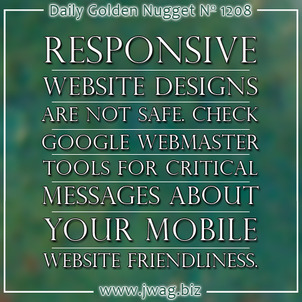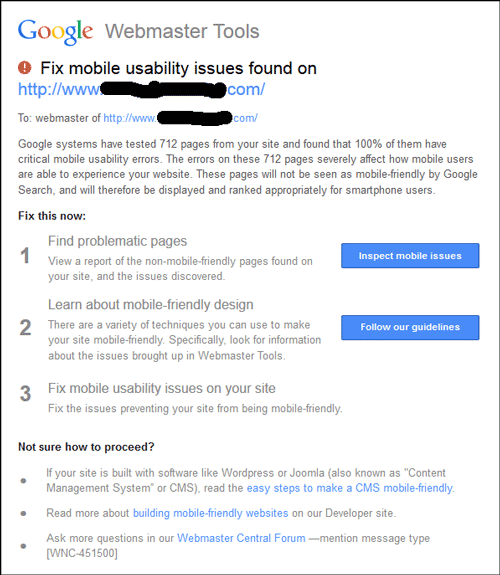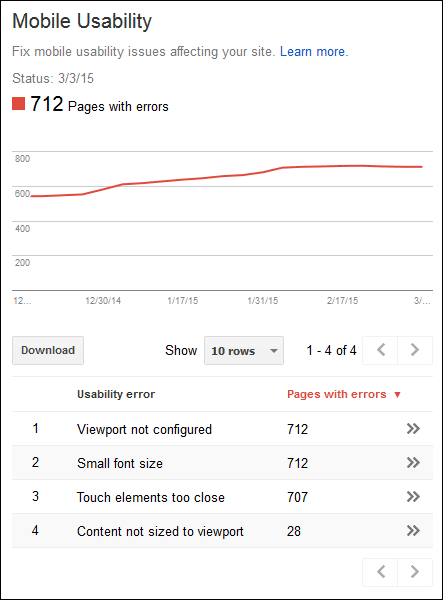
Search engine optimization was once a game of pure guesswork. SEO specialists would simply watch their own efforts of what worked and what didn't work, then simply follow the same steps over and over again.
Companies like MOZ.com and SearchEngineLand.com have communities of users always trying to figure out which supposed SEO techniques work, and which don't. Search Engine Land even published their of Periodic Table of SEO Factors that many people, including myself, often refer back to as a quick refresher.
The fact remains that Google and Bing do not specifically tell us how they calculate website ranking. They have a unique algorithm that changes a little bit every day. Most of the time you won't see the affects of those small changes, but sometimes the changes are large enough for many people to notice large drops or increases in their ranking.
Big ranking changes are noticed every time there's an update to the way that Google Panda and Google Penguin work. Most of the time Google doesn't give you a warning before drastically changing your ranking because they expect you to be following their Best Practices Guide for website development.
After cries of injustice from the SEO community for several years, Google started posting warning messages inside Google Webmaster Tools when websites had large issues. Initially, they would post the message in your GWT for you to log in and read, but now they also email those messages to the registered owners of a website.
Google won't tell you when you've blundered basic SEO like misusing an H1 tag or incorrectly targeted the content on a page, because that would mean that our SEO guesswork is actually true. Instead, they only notify you when you've made huge mistakes that clearly break their Webmaster Guidelines.
Here are a few of the GWT messages I've received over the years
- Submit a sitemap file
- Server health issues
- Googlebot can't access your site because your DNS is down
- Googlebot can't access your site because they can't read your robots.txt file
- Increase in file not found (404) errors
- Unnatural number of keywords used somewhere on the site
- Unnatural linking methods used on the site
Although the first 5 on that list are technical issues that are easy to understand, the last 2 messages are always written in very vague terms in order to hide what their algorithm is really doing. Those last 2 messages are usually what you get when you are penalized by Google Panda or Google Penguin.
In an uncharacteristic move, back in early January 2015, Google started sending millions of friendly emails explaining "mobile usability issue" and how to take steps to correct them.
Here's one such email:

This email specifically says that there are 712 pages with mobile issues on the website. The message goes on to say:
"These pages will not be seen as mobile-friendly by Google Search, and will therefore be displayed and ranked appropriately for smartphone users."
Of course "ranked appropriately" means lower ranking on Google mobile search results, or not ranked at all.
The email has 2 blue buttons to lead you to more information. The first button, "Inspect mobile issues," will bring you to this report in Webmaster Tools:

You can drill down in that report to see specific pages with screen size issues, small fonts, touch elements that are too close, and content that is too large to display on a screen.
In this specific example, there are 712 pages that don't resize and have a font that's too small to read without pinch zooming. Those 712 pages represent the entire website. On the other hand, 707 pages have touch elements that are too close and only 28 pages have content that doesn't fit the mobile screen correctly.
The second blue button in the email brings you to Google's Best Practices Guide again. This time they tell you to figure out how to fix you issues by cross referencing their guide to the report they give you.
On February 27, 2015 Google announced that they would start changing mobile search results based on mobile friendliness starting on April 21, 2015. They've given everyone about 7 weeks warning and a lot of information to improve a website long before the deadline.
At the bottom of the GWT email, they even provide a link to directions on how to upgrade the content management system you are using.
Every time Google makes big changes to how they rank websites, they get a lot of negative pushback because there was no warning. This time they've really put a lot of effort into notifying website owners.
For those of you without mobile websites, you'll probably lose about 40% of your organic visitor traffic between today and April 21, 2015.
Those of you with responsive website designs might believe you are safe, but many of those "touch elements too close" and "small font size" are notices against responsive designs.
It's time to reevaluate your mobile website settings.








